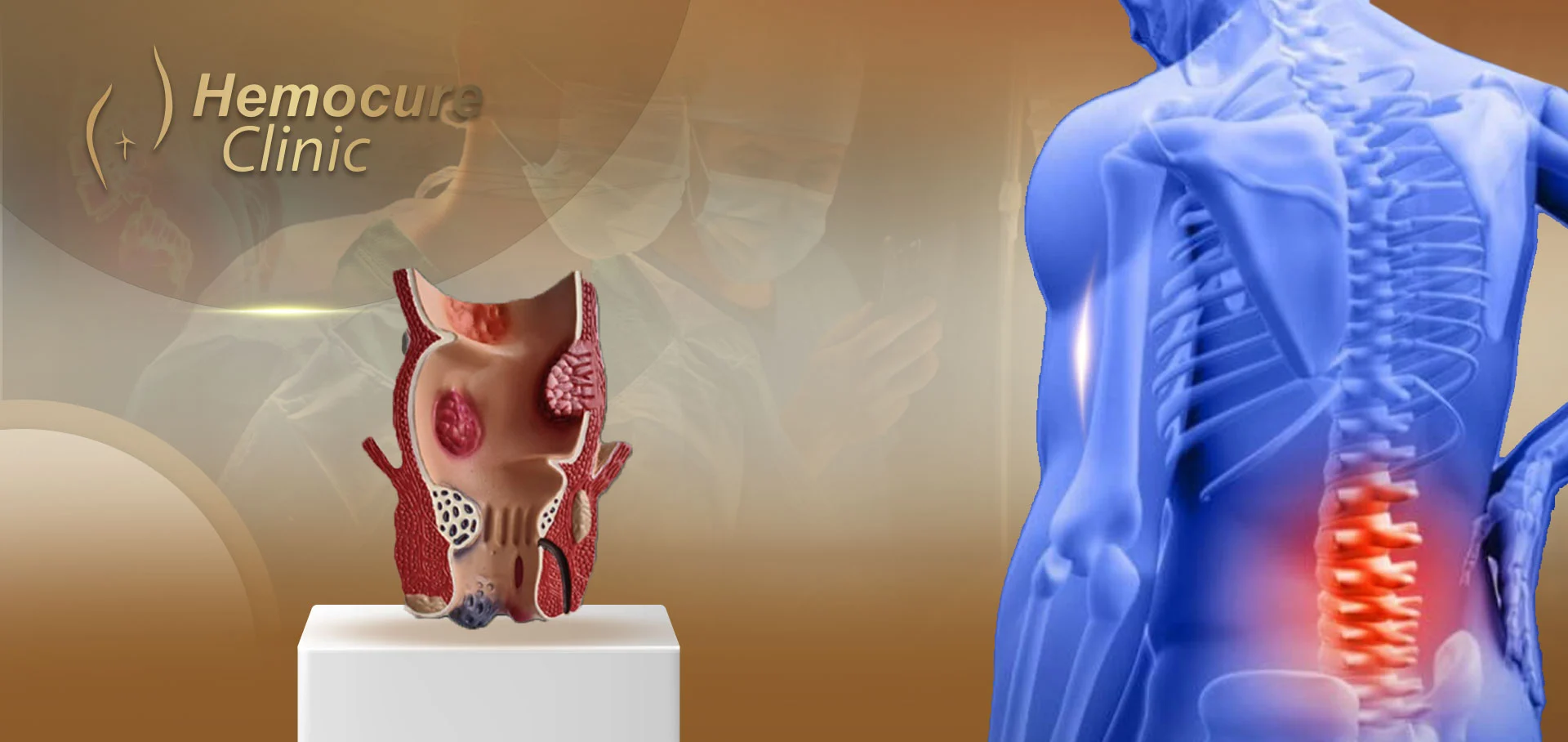Can an Anal Fissure Heal on Its Own?

An anal fissure is one of the most painful problems many people experience, especially after a bowel movement. Many feel embarrassed to see a doctor or even talk about the issue, often asking themselves: "Can a fissure heal on its own? Without treatment? Without seeing a doctor?"
In this article, we'll explain simply and clearly what an anal fissure is, its causes, its symptoms, when it might heal on its own, and when you absolutely need to see a specialist.
What is an Anal Fissure?
An anal fissure is a small wound or tear in the skin around the anus. This tear can occur as a result of:
-
Severe constipation that makes stool hard and difficult to pass.
-
Frequent diarrhea.
-
Straining heavily during bowel movements.
-
Natural childbirth.
-
Inflammation in the anal area.
A fissure can be simple (acute) or chronic, depending on how long the symptoms have persisted.
Symptoms of an Anal Fissure
If you have an anal fissure, you'll likely experience these symptoms:
-
Sharp pain during and after bowel movements.
-
Slight blood on toilet paper or in your stool.
-
A burning or itching sensation in the anal area.
-
Sometimes, a small lump at the anal opening.
Can an Anal Fissure Heal on Its Own?
The answer is: Yes... but not always!
If the fissure is new (acute), in many cases it can heal on its own within a few days or weeks, provided that:
-
You address the underlying cause (like constipation or diarrhea).
-
You maintain good personal hygiene.
-
You drink plenty of water.
-
You eat foods rich in fiber (like vegetables, fruits, and whole grains).
-
You use warm water sitz baths.
-
You avoid heavy straining during bowel movements.
However, if the fissure has been present for a long time, or the symptoms worsen, or the pain becomes unbearable, it has likely entered the chronic fissure stage, and at that point, medical intervention is necessary.
When Won't a Fissure Heal on Its Own?
-
If it persists for more than 6 weeks.
-
If there's severe, continuous pain.
-
If there's recurrent bleeding.
-
If you've tried all home remedies and there's no improvement.
-
If the fissure has occurred more than once.
So, If It Doesn't Heal, What's the Solution?
At that point, you must see a specialist. The doctor might prescribe:
-
Topical creams to treat spasms and improve blood circulation.
-
Painkillers or anti-inflammatory drugs.
If there's no response, you might need a simple intervention such as:
-
Botox injections.
-
Or modern procedures like laser treatment – which are quick, safe, and don't involve traditional surgery.
Important Tips If You Have an Anal Fissure
-
Don't delay treatment. If a fissure isn't treated early, it can become chronic.
-
Always try to keep your stool soft by consuming fiber and fluids.
-
Use warm sitz baths for 10-15 minutes daily.
-
If the pain or bleeding persists, don't hesitate to see a doctor.
Article Summary
An anal fissure is a painful tear in the skin around the anus, often resulting from severe constipation or diarrhea. In simple, acute cases, it can heal on its own if the underlying cause is addressed and attention is paid to hygiene and nutrition. However, in chronic cases or those that don't respond to home treatment, medical intervention becomes necessary, using creams or modern procedures like laser treatment. Early diagnosis and proper medical follow-up are key to a quick recovery and avoiding complications.
 English
English
 العربية
العربية

Add New Comment